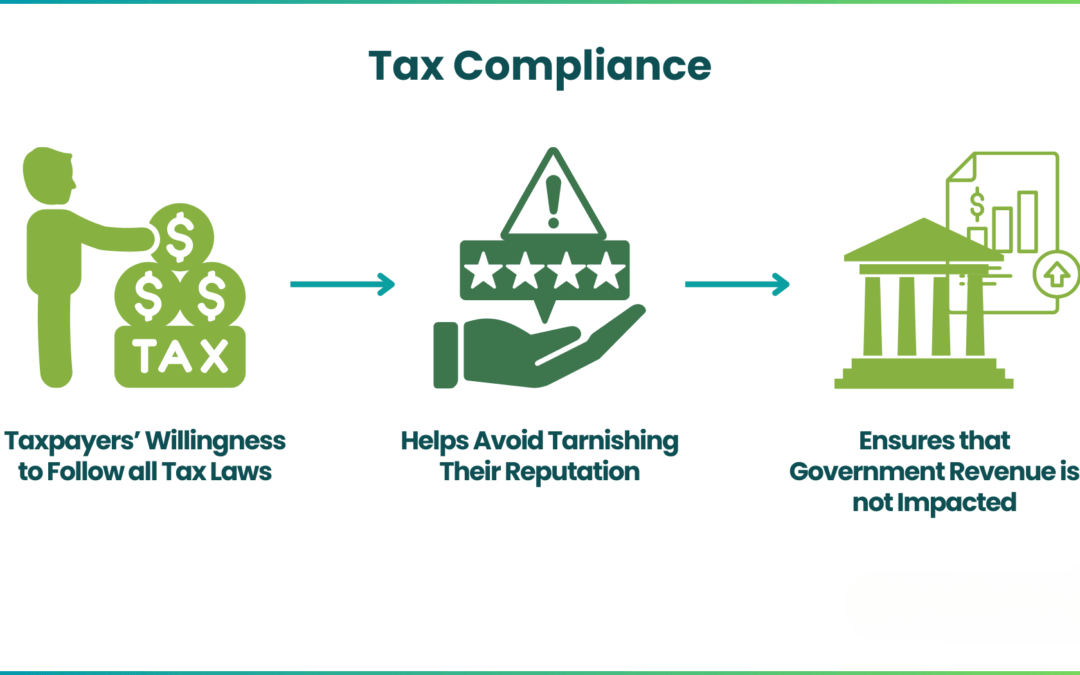Introduction
Tax compliance obligations for property owners are essential to ensure that real estate investments are managed within the legal framework and that property owners meet their financial responsibilities. Property ownership involves a variety of tax obligations that can vary depending on the type of property, its location, and the specific tax laws in place. These obligations include property taxes, income taxes, sales taxes, and potentially capital gains taxes, each of which requires diligent reporting and payment. Failure to adhere to tax compliance regulations can lead to penalties, fines, or even the loss of property. Therefore, it is important for property owners to fully understand their tax obligations and take the necessary steps to ensure compliance.
Property Taxes
One of the most common and significant tax obligations for property owners is property tax. Property taxes are typically levied by local governments—counties, cities, or municipalities—and are based on the value of the property. This value is generally assessed by a local tax assessor, who determines the market value of the property or its assessed value. Property taxes may vary depending on the type of property, whether it is residential, commercial, or industrial, and the location of the property.
Property owners are usually required to pay annual property taxes based on this assessment. These taxes fund local services, including schools, emergency services, and infrastructure development. To comply, property owners must ensure that they file their taxes on time, dispute any incorrect assessments, and make timely payments to avoid penalties. In some regions, property owners may be eligible for exemptions or reductions, such as for primary residences or for historic properties, but these benefits often require specific documentation and applications.
Income Taxes and Deductions
Property owners who rent out their properties are subject to income tax on the rental income they earn. In most jurisdictions, rental income is considered taxable and must be reported as part of the property owner’s annual income tax return. However, there are numerous deductions available to property owners that can reduce their taxable rental income. These deductions include property maintenance expenses, property management fees, mortgage interest, insurance, utilities, and depreciation.
In addition to income from rental properties, property owners who sell real estate for a profit may also be subject to capital gains tax. This tax applies to the difference between the property’s purchase price and the sale price. The capital gains tax rate may vary based on the length of time the property was held (short-term versus long-term gains). Property owners may be eligible for exemptions, such as those available for the sale of primary residences in some jurisdictions, which can reduce or eliminate the capital gains tax obligation.
Sales Taxes on Property Transactions
While property sales themselves are generally not subject to sales tax, there may be other sales tax obligations for property owners in certain situations. For example, sales tax may apply to the sale of tangible personal property or certain services associated with property ownership, such as renovations, repairs, or construction materials. Property owners who perform these activities or contract these services should be aware of the sales tax requirements, which may include registering as a seller, collecting tax, and remitting the collected tax to the appropriate tax authority.
Tax Reporting and Filing Requirements
To remain compliant with tax obligations, property owners must adhere to specific reporting and filing requirements. These obligations can include submitting annual property tax returns, income tax returns for rental income, and additional filings if the property is sold. It is important to keep detailed records of all financial transactions related to the property, including expenses, rental income, and any capital improvements made to the property.
Many tax authorities also require property owners to file periodic tax forms related to employment, such as payroll taxes if they hire contractors or employees for maintenance or management of the property. These forms typically include W-2 or 1099 forms, which must be submitted annually to report wages or payments made.
Capital Gains Tax and Tax Deferrals
When selling a property, property owners must consider the potential capital gains tax they will owe on any profits earned. However, there are tax deferral strategies available, such as the Section 1031 exchange, which allows property owners to defer paying capital gains tax if they reinvest the proceeds into similar properties within a specified time frame. This strategy is particularly useful for commercial and investment property owners who seek to defer taxes while continuing to grow their portfolio.
State and Local Tax Compliance
In addition to federal tax obligations, property owners must also be mindful of state and local tax compliance requirements. Each state or municipality may have different rules regarding property taxes, income taxes, and the types of deductions or exemptions available. Property owners should consult with a local tax advisor or accountant to ensure they comply with all state and local tax laws. For example, in some areas, property owners may be required to file additional forms or pay specific local taxes, such as local real estate transfer taxes or business license taxes for rental property owners.
Conclusion
Tax compliance obligations are a significant responsibility for property owners, and understanding the full scope of these obligations is critical to avoid legal and financial consequences. Property taxes, income taxes, sales taxes, and capital gains taxes must all be carefully considered, and owners should keep accurate records and meet all reporting and filing requirements. In addition, utilizing tax strategies such as deductions and exemptions or considering tax deferral methods can help optimize a property owner’s tax situation. Given the complexity of tax laws, property owners are encouraged to work with tax professionals to ensure they meet their compliance obligations and minimize their tax liabilities while maximizing their investment returns.
Hashtags
#TaxCompliance #PropertyOwners #RealEstateTaxes #TaxObligations #PropertyTax #HomeownerTaxes #TaxPlanning #RealEstateInvesting #TaxAdvice #FinancialLiteracy #TaxSeason #PropertyManagement #TaxTips #InvestmentProperty #TaxLaw #RealEstateInvestors #TaxDeductions #HomeOwnership #TaxEducation #WealthBuilding

